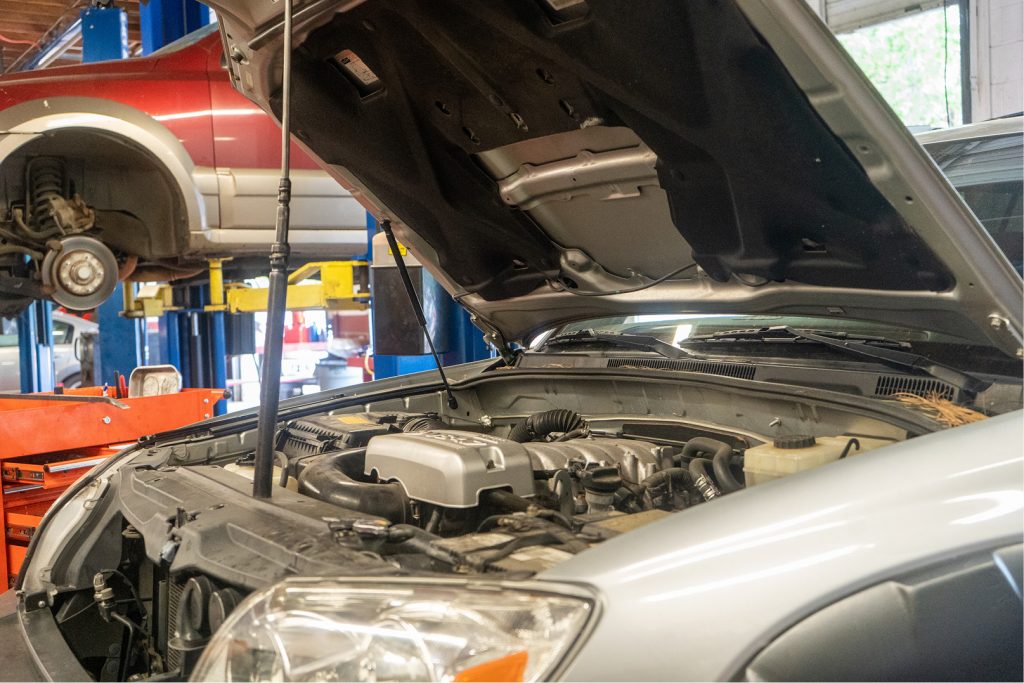

Sometimes reading through your car manual or talking to your mechanic about car repair can be like trying to understand a foreign language.
Have you ever felt overwhelmed trying to explain an issue with your car?
As a trusted, local professional mechanic in Tyler, East Texas, Stewart’s Donnybrook Automotive understands that talking car mechanic-speak can be frustrating. However, knowing a short list of mechanical vocabulary words can help you better understand and communicate your vehicle’s issues.
First, let’s talk about some of the most common problems that happen with your car, truck, or SUV when it comes to repairs, maintenance, and emergency situations. Especially if you’re in an emergency situation and trying to explain your issue to roadside assistance, you’ll want to have a basic idea of what you’re talking about to better get the help you need.
How many times have you had a warning light come on and thought, “What does that mean?”
You’re not alone.
We highly recommend breaking open that manual in the glove box and familiarizing yourself with what the various warning lights mean. A few to pay particular attention to are your engine temperature warning light, oil pressure warning light, and your tire pressure warning light.
Issues involving oil are some of the most common in vehicles. The oil filter is an essential component of your car. Its function is to clean your car’s engine oil as it circulates through the vehicle’s lubrication system. Oil filters should be changed on a regular basis, usually during an oil change. Keeping your oil filtration system clean will also help save you money on gasoline. Along with the oil filter, it’s important to check your oil levels.
While your mechanic at your local garage will do this during a tune-up, it’s important to know how to check your own oil levels, especially before a road trip or if you’re traveling alone. For that, you’ll need to use the oil dipstick. This is the tool that’s used to measure and check the levels of your oil and its quality. If it’s low, you should definitely add oil and not wait for your next oil change.
